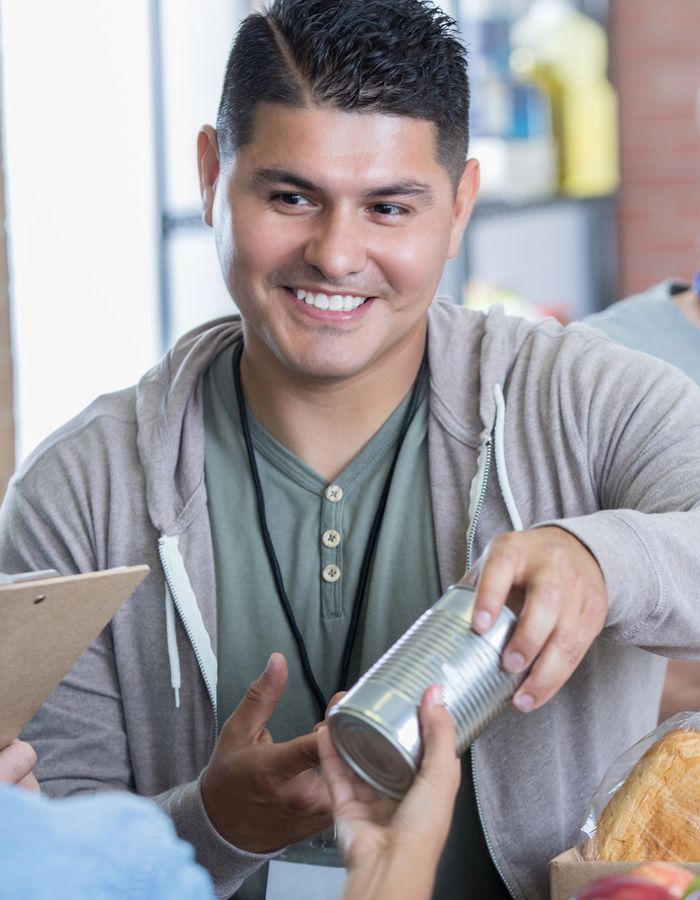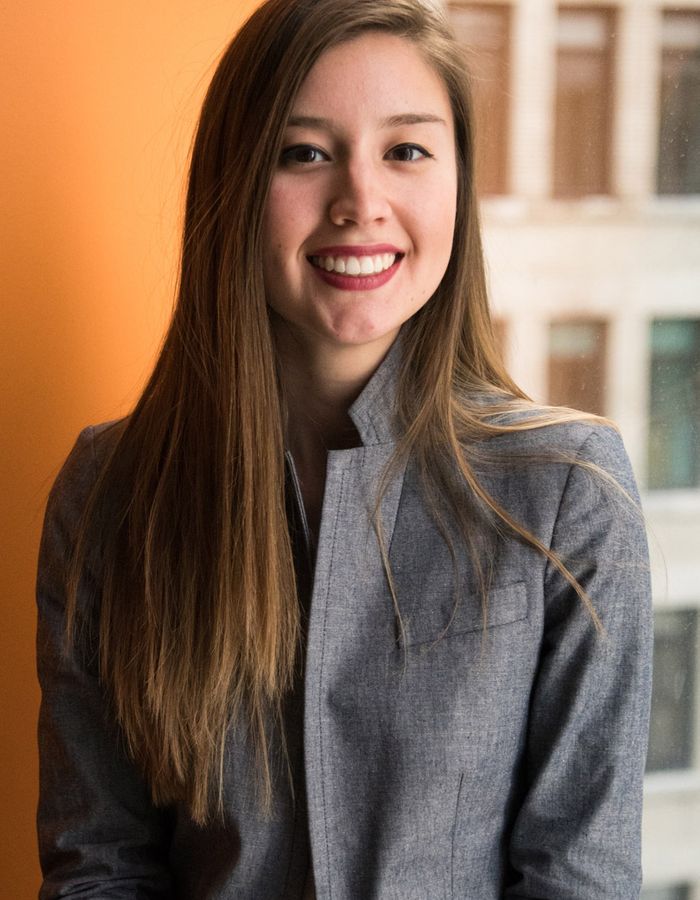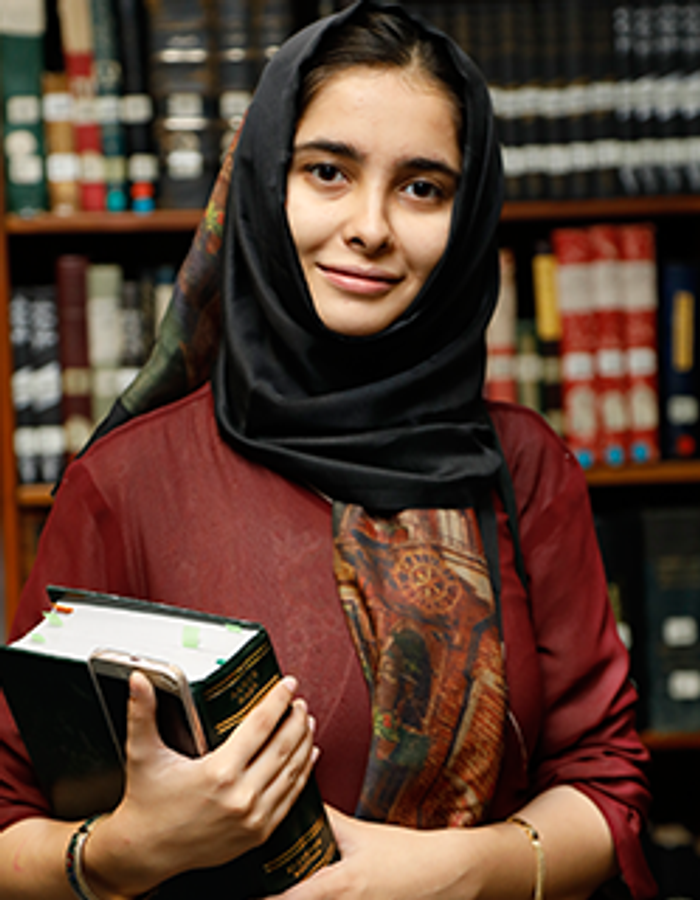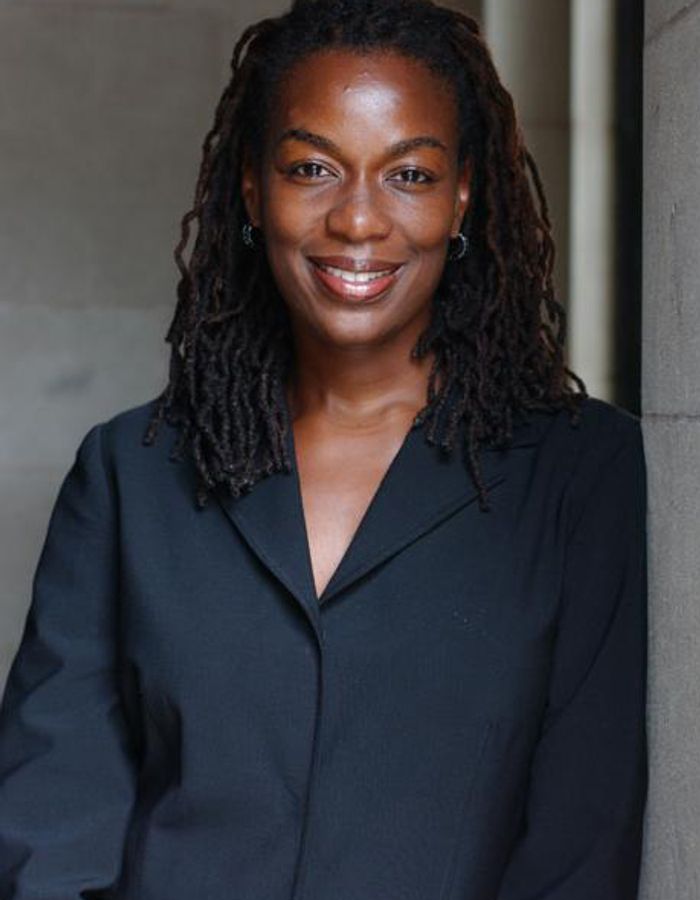How to build trust online with your local community
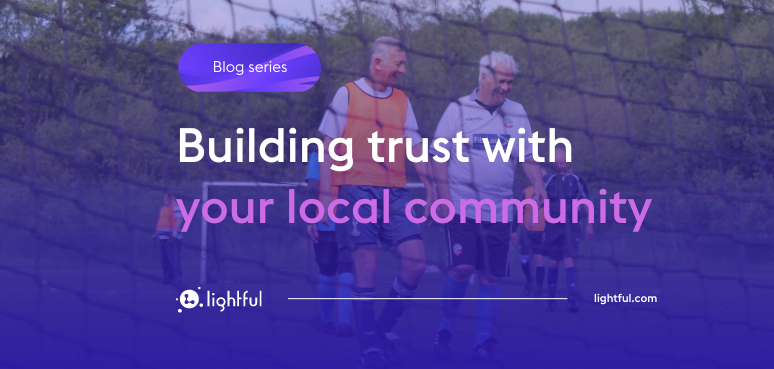
Is being the charity arm of an EFL professional football team a help or a hindrance to building trust? We spoke to Bolton Wanderers in the Community to find out.
Bolton Wanderers launched The Bolton Digital Skills programme in November 2022, working with Bolton CVS and Bolton Wanderers in the Community. Lightful is thrilled to be delivering this new programme that will help 50 Bolton-based charities develop their digital skills.
One club, one community, one town. That’s the strapline of Bolton Wanderers in the Community. Phil Mason is the Chief Executive who leads on their vision of a connected Bolton, without disadvantage. Phil is passionate about helping every individual to realise their potential. 62% of their staff are recruited from their programmes and projects so Phil is definitely doing a lot right! He was generous enough to share his perspective on building trust.
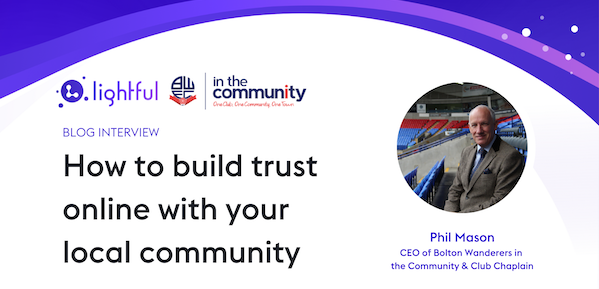
What role do you think trust plays in the nonprofit sector?
Trust is everything in any sector, to be honest. Trust in a relationship is vital because, without trust, you're not going to get anywhere. And that's all about being in a relationship with people in a positive way. If people don't believe in what you're about, don't trust that you understand or believe your own values or mission or vision, then that relationship is never going to work. And it's always going to break down. So trust is absolutely vital. And I find it, even more, these days. During the pandemic, we had to step up and play a bigger part within the town because there was so much need and so much demand. So at Bolton Wanderers in the Community, a lot of our usual work was put to one side. The kind of things that we usually do to gain funding and gain contracts and almost everything was put aside. So, instead, we thought “who are the people we trust?..” And the answer was the people that we know, who have consistently helped, supported, delivered, and believed in us. So, that’s who we went to at that moment when we need to help us continue to support and go forward.
What are some of the other ways trust is important for Bolton Wanderers in the Community?
We need to ensure that every participant that's engaged in any of our programmes, for example, trusts us to support them, encourage them, and keep them safe and secure. The second thing is that our funders also need to trust that we will use the funding very carefully and very wisely, in order to deliver the outcomes that the funding was put in place for. They need to feel that we will ensure that every penny is used as effectively as possible to deliver those outcomes. And all of our partners need to be able to trust us and we need to trust them too because we can't do this alone. So we've got to ensure that across the whole of the borough in which we're working, we can trust the partners that we're working with and they can trust us. We need to help them understand what our values are, and be convinced that we believe our values so that they are therefore willing to work with us to make that difference.
How has your experience of building trust with the local community been as an organisation associated with a professional football club? Given that professional football culture doesn’t always have the reputation of being the most inclusive.
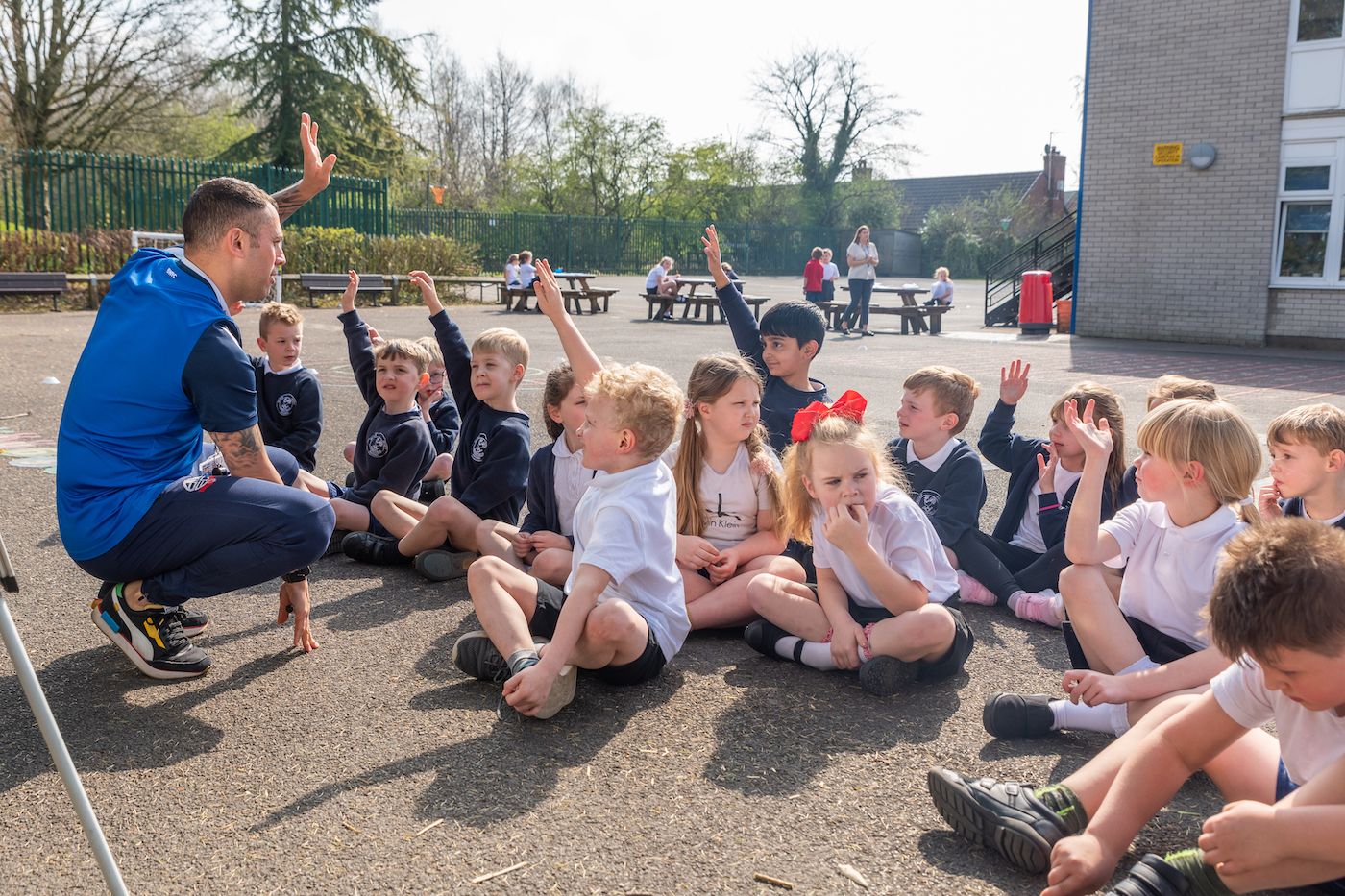
Well, certainly, we've had our challenges over the years. The reason for that is because under different ownerships, there have been different priorities. So we've tried to plough on ahead and do the right thing on every occasion. But there have been occasions when, under different ownership, we found that the values just don't align. And we've had to plough our own furrow, really.
Under an ownership that was around just prior to us going into administration, even the staff within the football club were in a difficult place because they weren't being paid for the work that they were doing. Yet they were still coming to work every day. As a separate independent charity, we were looking after our staff, but we felt the need to support the wider staff of the club. So we set up a food bank and provided food and essential toiletries, etc for those staff that remained unpaid. Then we set up an independent loan scheme that was interest-free. That just gave a loan to people to the value of their wage equivalent during that period, and to be paid back at a later date, as of when they were paid. That was really difficult. And at the same time, we were challenging the football club itself and saying, This just isn't right, it cannot go on like this, etc.
Now with the new board that we've got that's aligned with us much more closely, and the new board is very passionate about being engaged in the community, which is music to my ears. I believe that football is very powerful, and the badge is very powerful and it's what we use to engage with the community. The vast majority of our work isn't football related at all, it's about programmes and activities that are getting alongside people and supporting them in times of trouble or in times of difficulty. That could be about providing physical, emotional, and mental support, so a lot of our programmes don't relate to football, but they do relate to the club.
I believe that the club in any community is at the heart of its community. It's often an anchor institution and should play its part to support the community where the fans come from. That’s the community which it should be serving, to make a difference. That's exactly the attitude and the vision that we have had all the way through, really. That was tested during those difficult times, but through them, we've managed to grow and develop as a consequence.
Are there any particular tools or techniques that you use to build trust?
There's no doubt that relationships are very important. So I make sure that myself and the staff team are very visible within the town. That’s sometimes within that physical space, but also within the digital space. One of the ways I think is important to build trust is to build case studies of people who can say genuinely and sincerely positive things about how they've been impacted by our work. Telling stories of how people have been affected by the work that we've been doing with them and alongside them, and the difference that has made is very powerful.
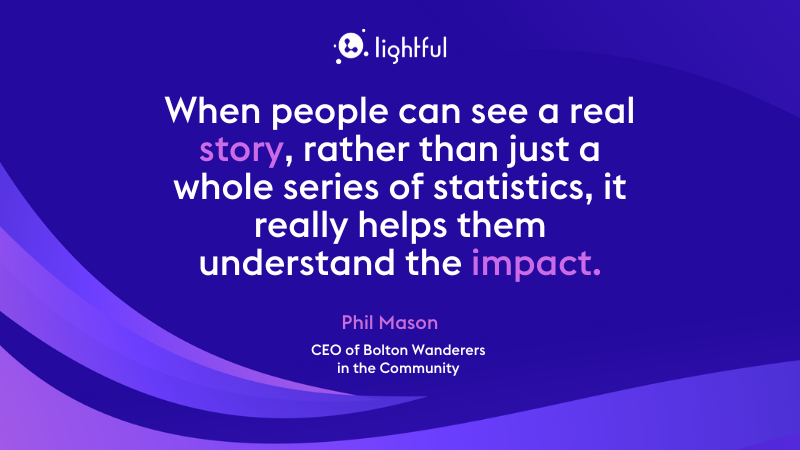
When we say “we work with 15,000 individuals in Bolton”, that's just a number. But when one or two of those people are telling their stories, then that makes a difference. When people can see a real story, rather than just a whole series of statistics, it really helps them understand the impact. It builds that reputation and it also builds that trust. So for us, case studies are really important and the visuals and images actually help to illustrate the work.
Do you face challenges in trying to tell those stories, particularly online?
Telling stories online is a great opportunity to reach new audiences and of course, it's about learning the best techniques to be able to do that. We're on that learning curve with the BRIDGE programme and the Lightful team supporting and encouraging and enabling us to do that. So we're grateful for that. I think that a simple, short little video that captures the heart of it, with a few stats at the bottom, and a bit of a summary, can say so much. They say, a picture's worth 1000 words and it's true. A little video can tell the story and help share the story. The reality is that people don’t only want to know the high-level numbers, they want to know, what difference has really been made, and what has the impact been.
But you can't tell everybody's story, and neither would it be appropriate. You've got to be careful as to how you approach that, making sure that a person telling their story isn’t leaving themselves vulnerable and open to any kind of online abuse or reputational damage. It's important to choose those people carefully. It should be people who 100% want to tell their story for the right reason and feel secure and safe in telling their story. It is a difficult balancing act, but I think it's certainly worth doing.
When you tell a story that is really positive and shows a difference, that can often get shared in other spaces and other places. For example, one story is of a guy who was really struggling with his mental and physical health and joined our Fitter Fans programme, which is a Weight Management Programme. But the story tells so much more than that. It's not just about weight loss, it was also about him re-engaging with his family, his marriage becoming much stronger and him getting employment as a consequence of the programme. He filled himself with confidence to the point that he shared his story so often in so many spaces, including online. Then, when King Charles and Queen Camilla came to Bolton and we were privileged enough to be able to share something of our work, we invited this gentleman along and he shared his story in that space as well. That transformation is unbelievable really, but it shows how the confidence has grown in him and the trust has grown in him too.
Key takeaways for building trust in local communities
- It’s important to have trust between users / beneficiaries and their service providers, and between the service providers and their funders.
- You need all of your stakeholders to be aligned with your values - and to be convinced that you are genuine about what you’re trying to achieve
- Challenging circumstances can show you who you can trust, and give you the opportunity to develop as an organisation
- Telling stories and building case studies are vital tools to build trust
- For people to trust nonprofits they want to know the stats and the stories
- Put safeguards in place for the people whose stories you want to tell
- The sky is the limit for authentic and powerful stories - it could reach royalty!
Follow Bolton Wanderers in the Community
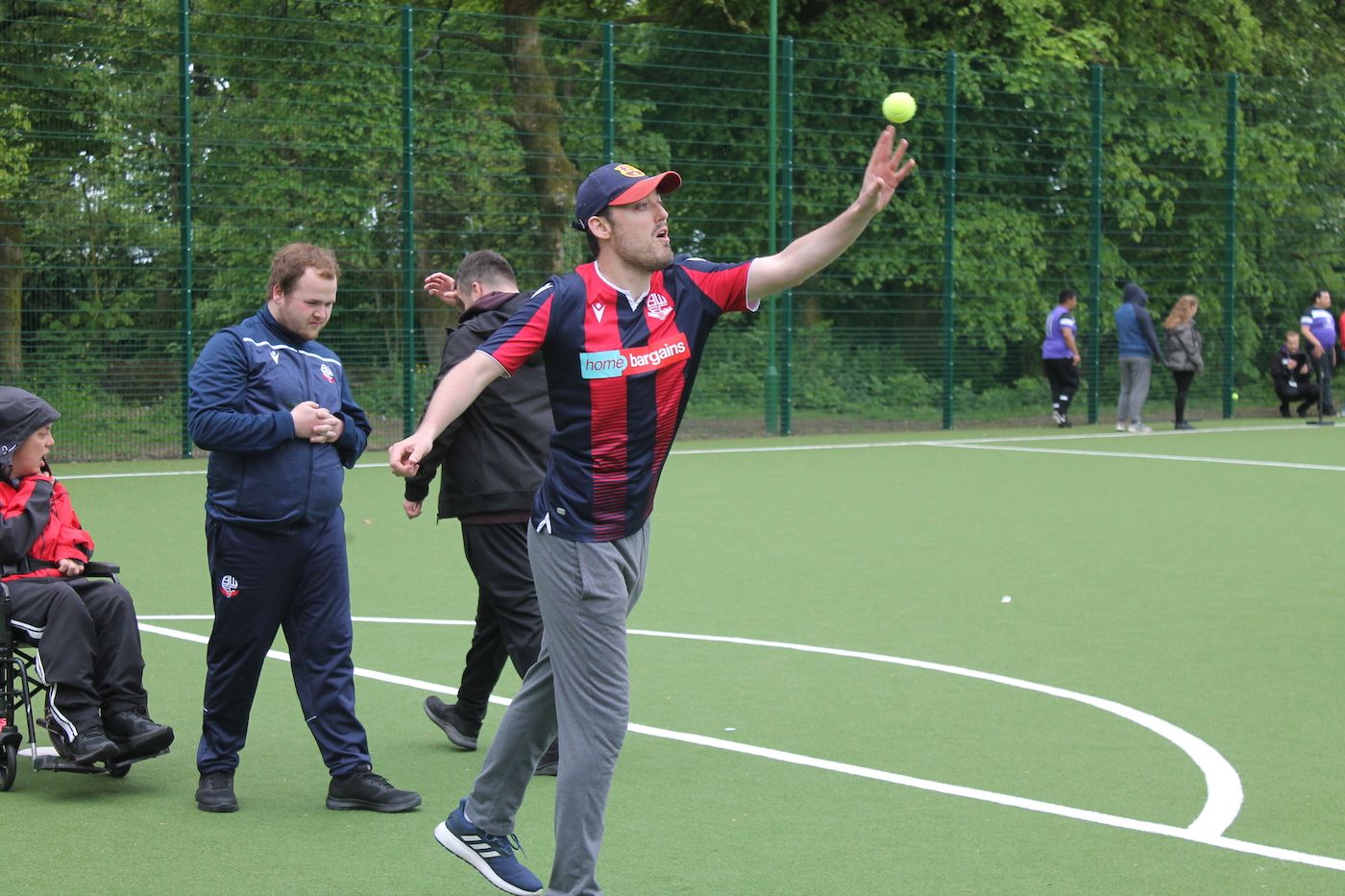
The mission of BWitC is to use the power of Bolton Wanderers Football Club to inspire, support and deliver positive change in the community. They do that through intervention and targeted engagement, creating sustainable pathways to help transform the lives of individuals. They work with the voluntary communities sector, the private sector, and indeed the public sector. For more information, to follow or donate to Bolton Wanderers in the Community visit their website.
Subscribe to our newsletter

This post is part of a series we’re producing with some of the great foundations, philanthropists, institutions and nonprofits we work with. If you want to be sure to catch the next ones, please subscribe to our newsletter and follow us on LinkedIn.
Latest articles
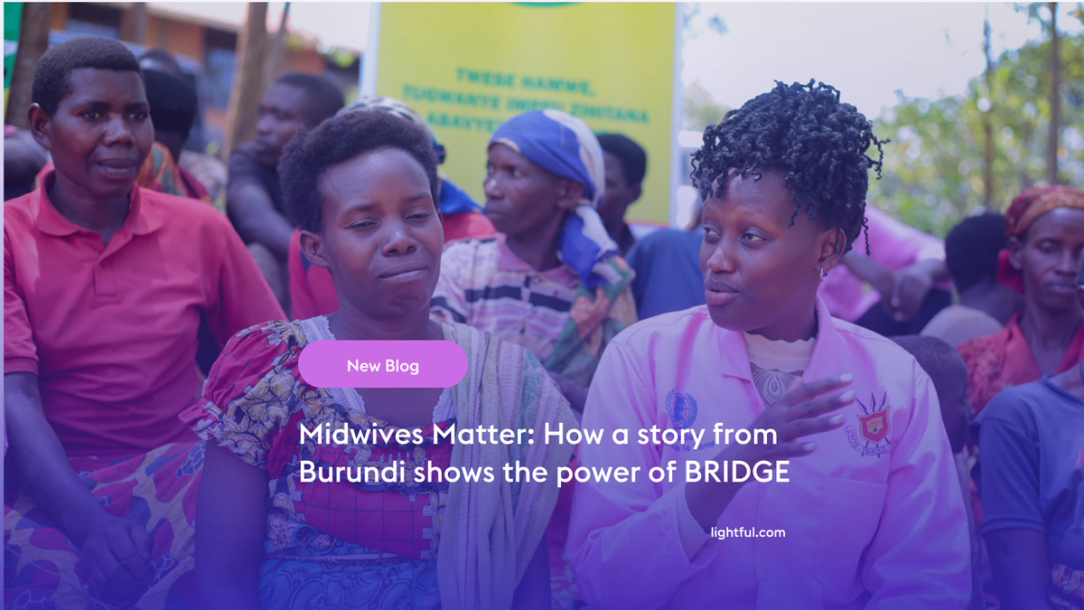
Over the past year, Lightful and the International Confederation of Midwives (ICM) have supported Midwives Associations across Africa, South Asia and the Eastern Mediterranean to build their digital confidence through our BRIDGE programme. These organisations were starting from very different places, but all shared the same goal: to use digital tools to strengthen their voice, raise their visibility and advocate for better outcomes for women and babies.
Related posts

At Lightful, our commitment to supporting nonprofits in their mission to do the greatest good drives our exploration of the latest technological advancements.
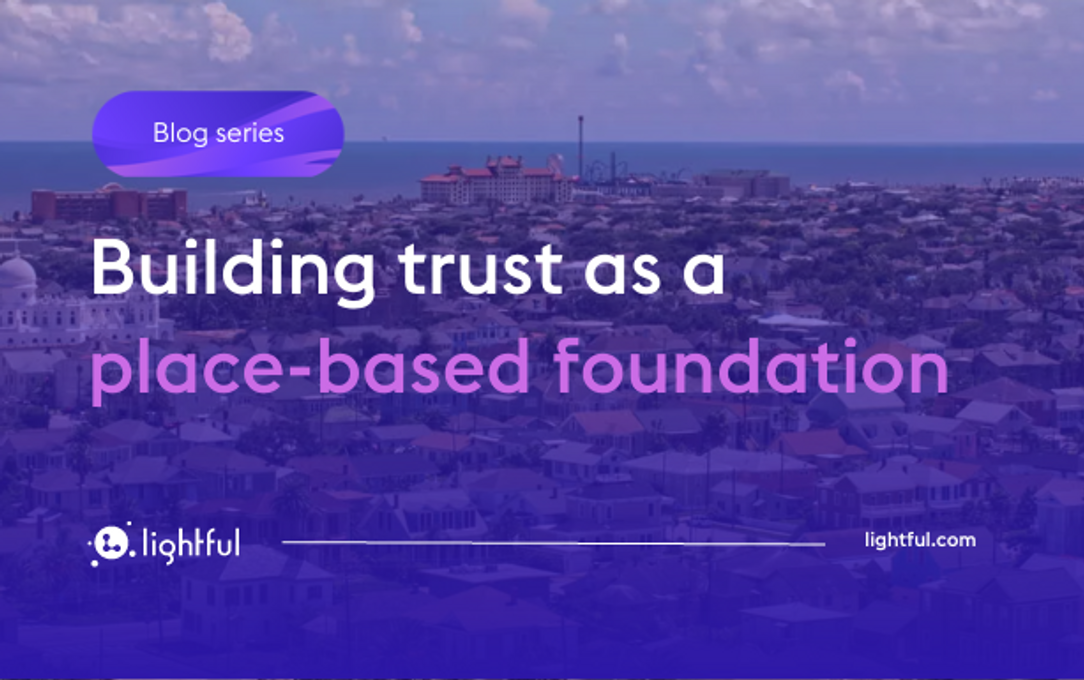
The Harris and Eliza Kempner Fund is a private, place-based family foundation based in Galveston, Texas. Their mission is to invest in the long-term success, sustainability, and well-being of Galveston and its residents. They do this by funding local organisations that are integral to the community, addressing historic disparities, increasing access to opportunities, and contributing to the cultural fabric of Galveston.
See who we help
Contact us
Want to learn more?
Email Jonathan and start a conversation



